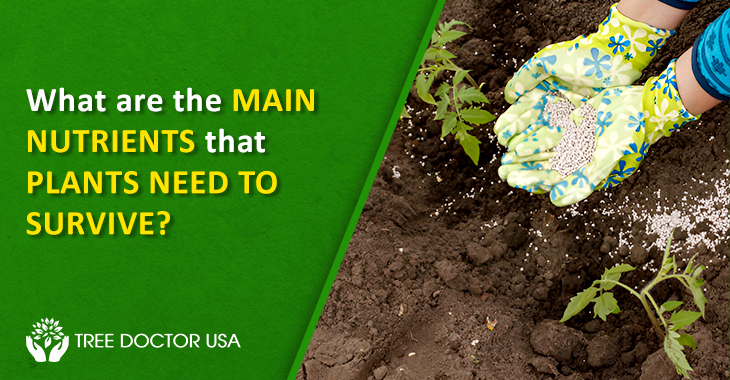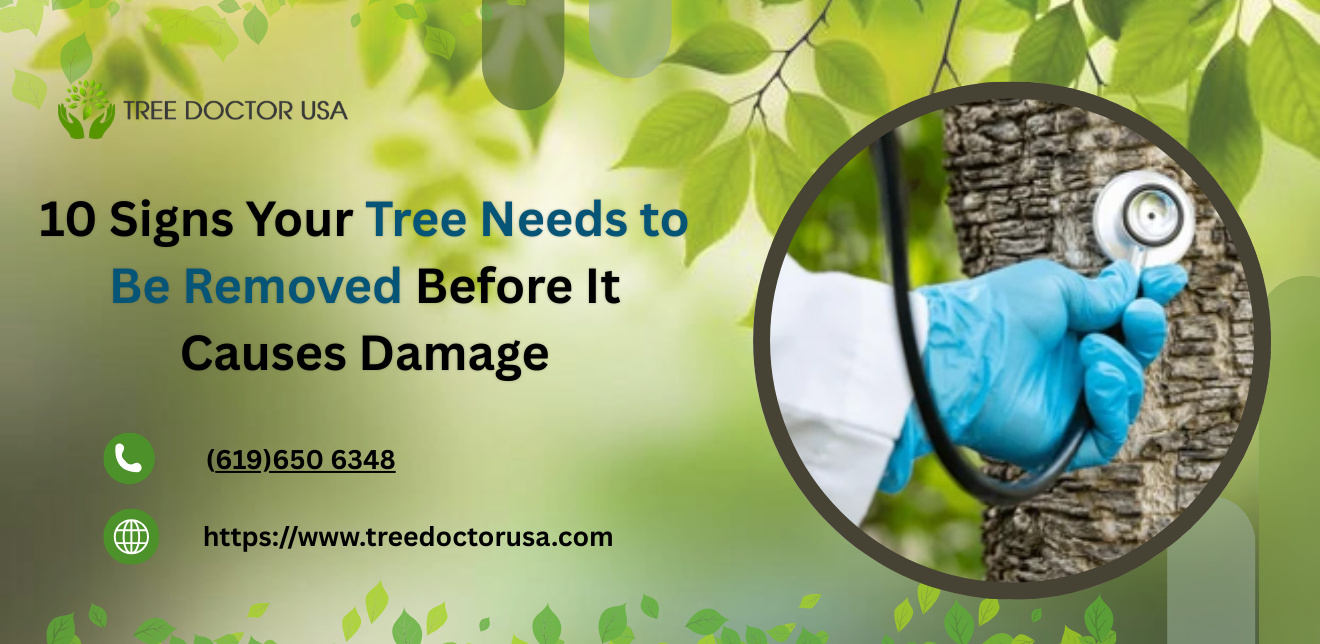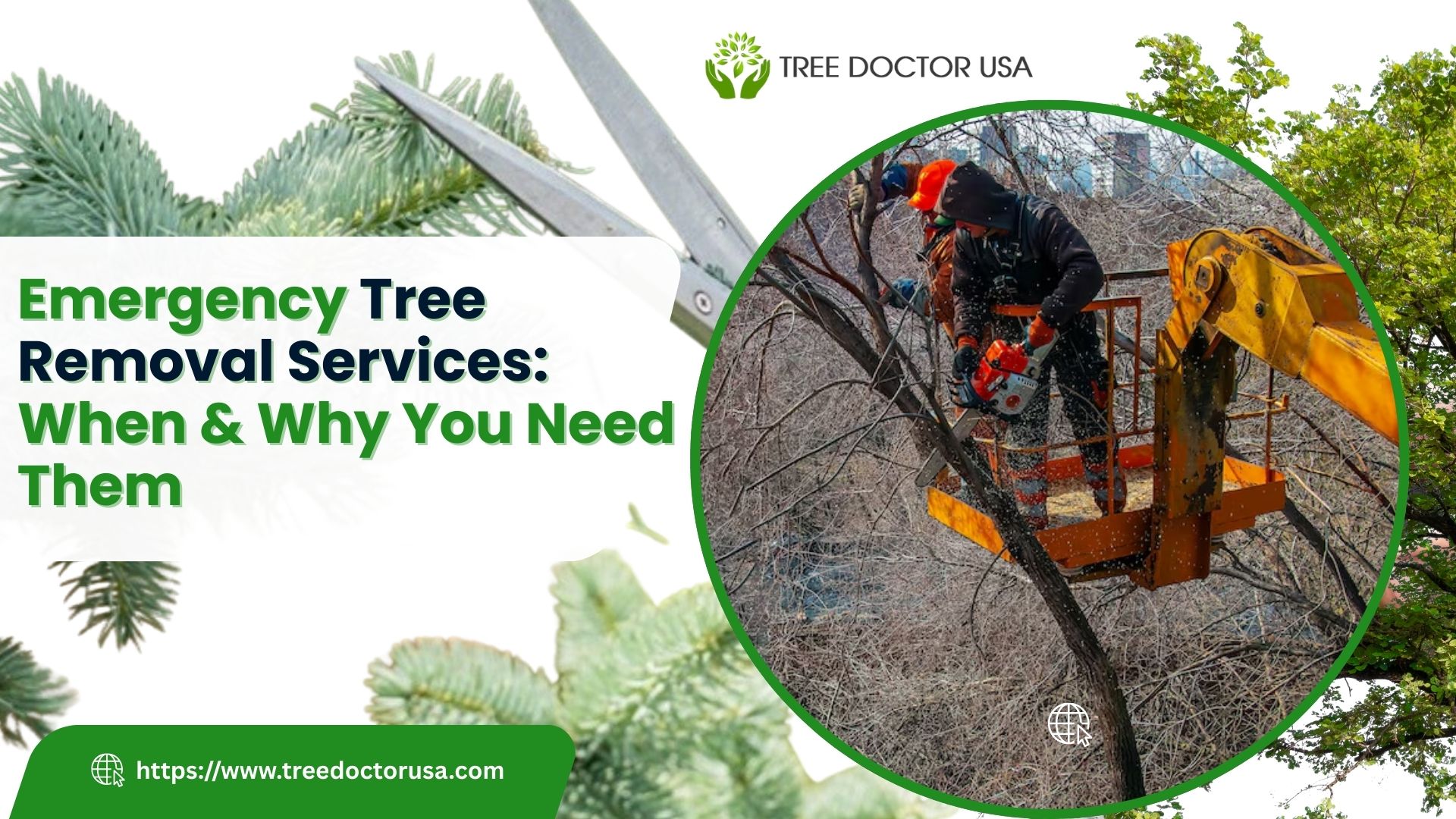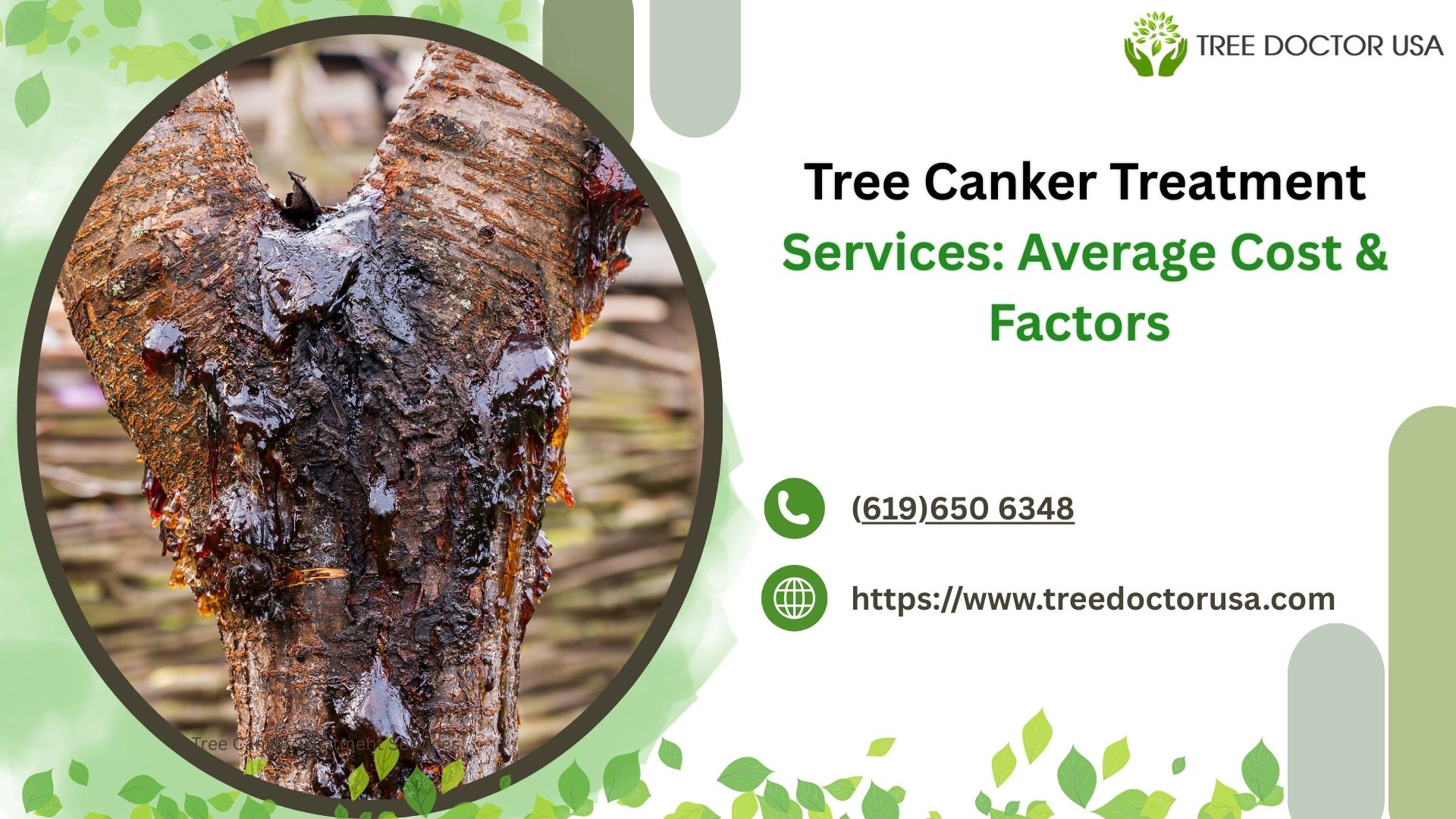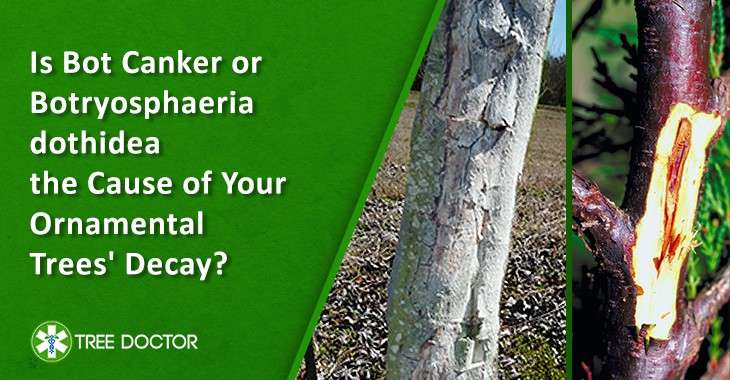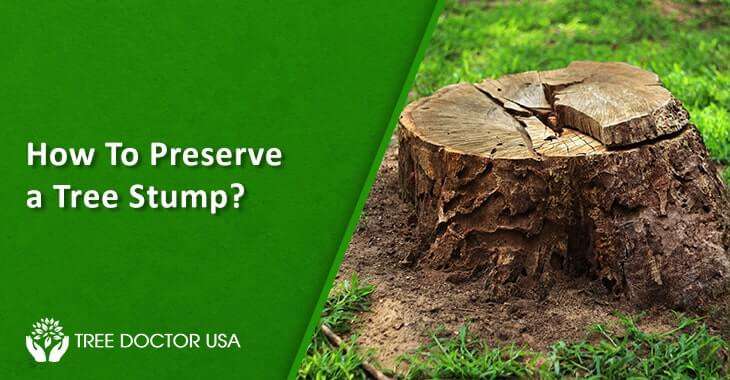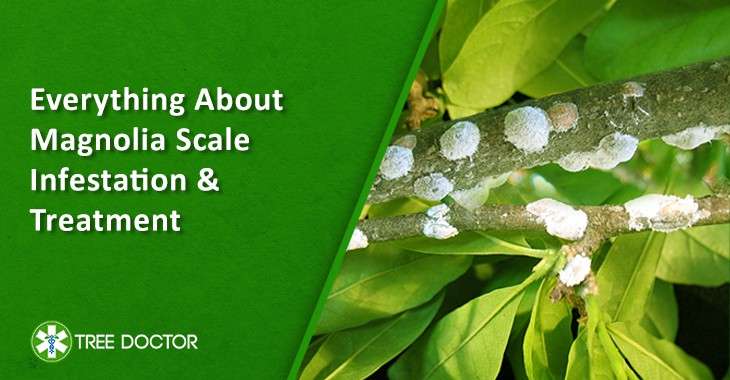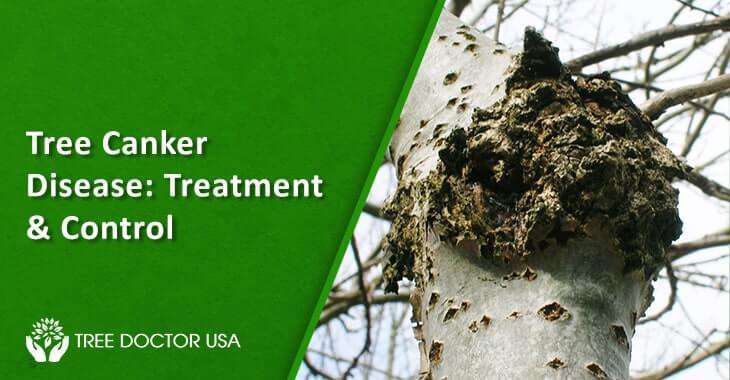What are the Main Nutrients that Plants Need to Survive?
Like the human body, plants also need certain essential nutrients to grow, develop and bloom. Tree nutrition is important in many physiological processes, including photosynthesis, respiration and synthesizing vital compounds. If you understand these nutrients, it will be easy to keep your plants healthy, whether in your garden, farm or natural landscape. Let’s explore the primary nutrients that plants need to survive.
Essential Nutrients for Plant Growth
Do you know? Plants need a total of 17 essential nutrients to stay healthy. Tree nutrition is categorized into macronutrients and micronutrients based on the amount required.
Macronutrients
Macronutrients are the essential nutrients plants need in large amounts to grow strong and healthy. Here, we have mentioned some that support different aspects of plant development.
Nitrogen (N)
Nitrogen is a fundamental component of amino acids, proteins and chlorophyll. It is essential for vegetative development, which produces lush and green leaves. A nitrogen deficiency can result in yellow leaves and slow growth.
Phosphorus (P)
Phosphorus is vital for energy transfer and storage within plants. It plays an essential role in root development and flowering. Additionally, it helps to produce seeds. If there is low Phosphorus, it can lead to poor root growth, delay in maturity, and weak stems.
Potassium (K)
Potassium is vital for the regulation of various metabolic processes. It helps to activate enzymes and photosynthesis. Also, it regulates the water and nutrients within the plant.
If the potassium is low, it can cause yellow and brown leaf edges and poor resistance to diseases.
Secondary Macronutrients
Tree nutrition does not just include macronutrients; it also has some secondary macronutrients that you must know.
Calcium (Ca)
Calcium is essential for cell wall structure and stability. It helps in root and leaf development. Also, it transports the other nutrients within the plant. Lack of calcium in plants can cause slow growth and leaf tip burn.
Magnesium (Mg)
Magnesium is the main component of chlorophyll which makes it essential for photosynthesis. Moreover, it assists in activating enzymes and producing carbohydrates and proteins. If the plant contains low Magnesium, it can cause interveinal chlorosis, where leaves turn yellow while veins remain green.
Sulfur (S)
Sulfur plays a vital role in some amino acids and vitamins. It is important for protein synthesis and overall plant growth. If there is low sulfur in your plants, the new leaves slowly start getting yellow and reduced growth.
Micronutrients
Although micronutrients are small in quantity, they are the important tree nutrition elements that enhance your plant’s health and development.
Iron (Fe)
In addition to serving as a catalyst in biological reactions, iron is necessary. It helps to create chlorophyll in leaves. If there is lack of iron the young leaves will have interveinal chlorosis.
Manganese (Mn)
Manganese is necessary for the production of certain enzymes, photosynthesis and nitrogen metabolism. If there are low manganese in your plant you will see necrotic patches on leaves and interveinal chlorosis can be another symptom.
Zinc (Zn)
Zinc produces growth hormones and activates enzymes for healthy growth of your plant. Lack of zinc can cause interveinal chlorosis, smaller leaves and slow development.
Copper (Cu)
Photosynthesis, respiration, and the lignin-producing process—which fortifies plant cell walls—all depend on copper. A lack of copper can be indicated by chlorosis, stem dieback and twisted young leaves.
Boron (B)
In order to create cell walls and support reproductive development, boron is essential. Poor root and branch development, as well as anomalies in flowers and fruits, might result from deficiency.
Molybdenum (Mo)
Molybdenum is involved in nitrogen fixation and the conversion of nitrate to ammonia within the plant. Deficiency often results in yellowing and stunted growth.
Chlorine (Cl)
Chlorine is involved in osmotic and ionic balance within plant cells. Deficiency is rare but can lead to wilting and chlorosis.
Nickel (Ni)
Nickel is a part of the enzyme urease, which helps in nitrogen metabolism. Deficiency can lead to leaf tip necrosis.
The Role of Soil and Water in Nutrient Uptake
Healthy soil rich in organic matter is essential for providing these nutrients to plants. Soil pH also plays a critical role in nutrient availability. Most nutrients are readily available to plants when the soil pH is between 6 and 7. Water is equally important as it helps in the dissolution and transport of nutrients to plant roots.
Enhancing Tree Nutritions
Make sure that trees receive the right balance of nutrients. It is essential for their long-term health and productivity. Regular soil testing, proper fertilization and adequate watering can significantly enhance tree nutritions. It remains resilient against pests and diseases.
Understanding tree nutritions is fundamental for anyone involved in gardening, agriculture, or forestry. By ensuring trees receive the essential nutrients they need, Tree Doctor USA promotes healthy growth, enhances resistance to environmental stressors and maintains the beauty and function of our green spaces. Trust Tree Doctor USA to provide expert guidance and solutions for optimal tree nutritions, helping your trees flourish season after season.

